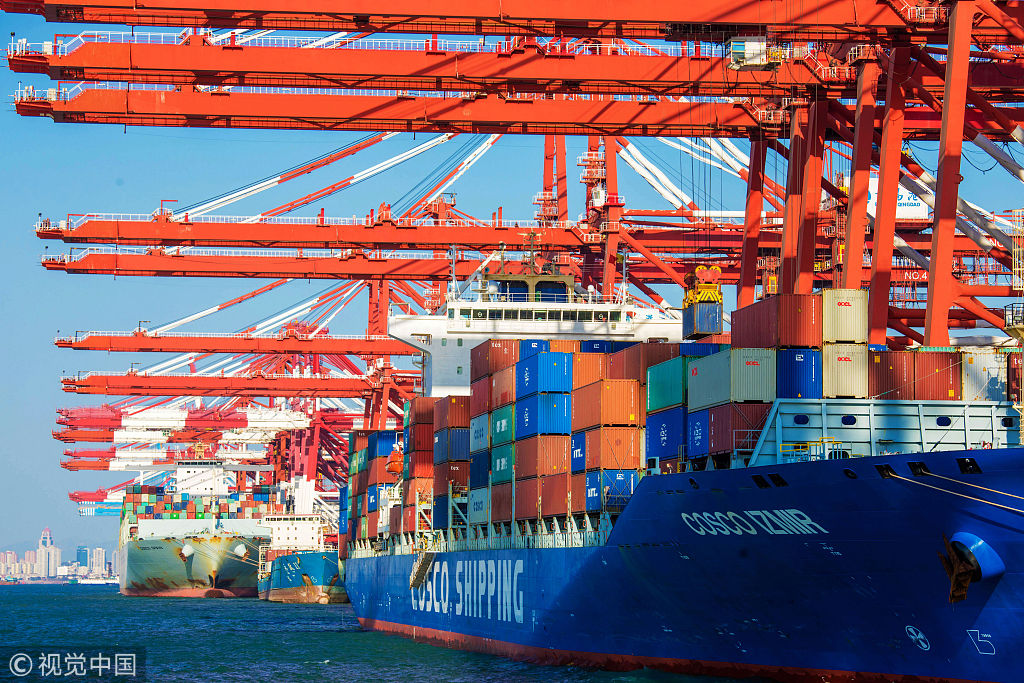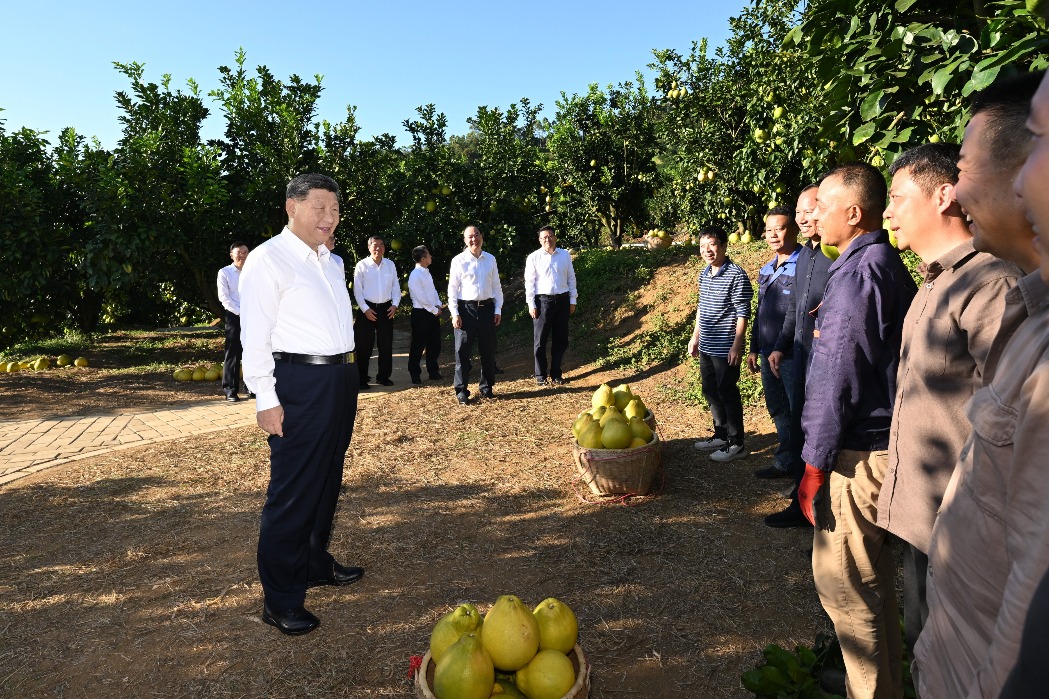China's Export Controls


Editor's Note: The State Council Information Office of the People's Republic of China published a white paper titled "China's Export Controls" on Wednesday. Following is the full text of the white paper:
Contents
Preamble
I. China's Basic Position on Export Controls
II. Ongoing Improvements to the Legal and Regulatory System for Export Controls
III. Modernizing the Export Control System
IV. Promoting International Exchanges and Cooperation
Conclusion
Preamble
Export controls are a standard international practice. They involve prohibitive or restrictive measures on the export of dual-use items, military products, nuclear materials, and other goods, technologies and services related to safeguarding national security and national interests, and other restrictions related to fulfilling non-proliferation and other international obligations.
The world is undergoing profound changes of a scale unseen in a century, with an increase in destabilizing factors and uncertainties, disruption to international security and order, and challenges and threats to world peace. The status and role of fair, reasonable, and non-discriminatory export control measures is growing in importance as an effective means to address international and regional security risks and challenges and safeguard world peace and development. All countries pay close attention to export controls and take an active approach to strengthening and standardizing their approach by establishing and enforcing measures through their legal systems.
As a permanent member of the UN Security Council, and the largest trader and manufacturer of goods, China has always been committed to the principle of safeguarding national security, world peace and regional security by steadily improving export control governance. Guided by Xi Jinping Thought on Socialism with Chinese Characteristics for a New Era, China is pursuing a holistic approach to national security and taking more active steps to integrate into the process of economic globalization. To build a more open economy and a more peaceful China, China strives to achieve sound interaction between high-quality development and guaranteed security, modernize its export control regime, and make new progress in export control governance. China will assume its responsibilities from a global perspective, conscientiously undertake its international obligations, and step up international exchanges and cooperation. It will take concrete actions to participate in the international coordination of export controls, make progress on related international processes, and work together with all other countries in building a global community of shared future and delivering a strong boost to world peace and development.
The Chinese government is publishing this white paper to provide a full picture of China's policies on export controls, and to help the international community better understand China's position.
I. China's Basic Position on Export Controls
As a responsible country, China firmly stands by the international system centered on the UN and the international order underpinned by international law. China safeguards the authority of international treaties and mechanisms that uphold true multilateralism, and actively promotes the implementation of fair, reasonable and nondiscriminatory international export controls.
1. Maintaining a Holistic Approach to National Security
In the age of economic globalization, no country's security can be independent of and isolated from all others. China maintains a holistic approach to national security, which means coordinating development and security, opening up and security, traditional security and non-traditional security, and China's own security and the security of others. It means safeguarding and shaping national security to build an export control system that is commensurate with its international standing and aligned with its national security and interests. China holds that all countries need to develop a fresh perspective and adopt a common, comprehensive, cooperative and sustainable outlook on global security. In particular, major countries should fulfill their obligations, show a sense of responsibility, and promote international security in the field of export controls to build a global community of universal security.
2. Honoring International Obligations and Commitments
It is China's solemn commitment to maintain international peace, and to respect nonproliferation and other international obligations. China actively draws useful experience from international standard practices, and employs that experience to strengthen and improve its export control system. China stands firmly against the proliferation of all forms of weapons of mass destruction and their delivery systems and has established an export control system governed by the Export Control Law that covers dual-use items, military products, nuclear materials, and other goods, technologies and services related to safeguarding national security and national interests, and other restrictions related to fulfilling nonproliferation and other international obligations.

































